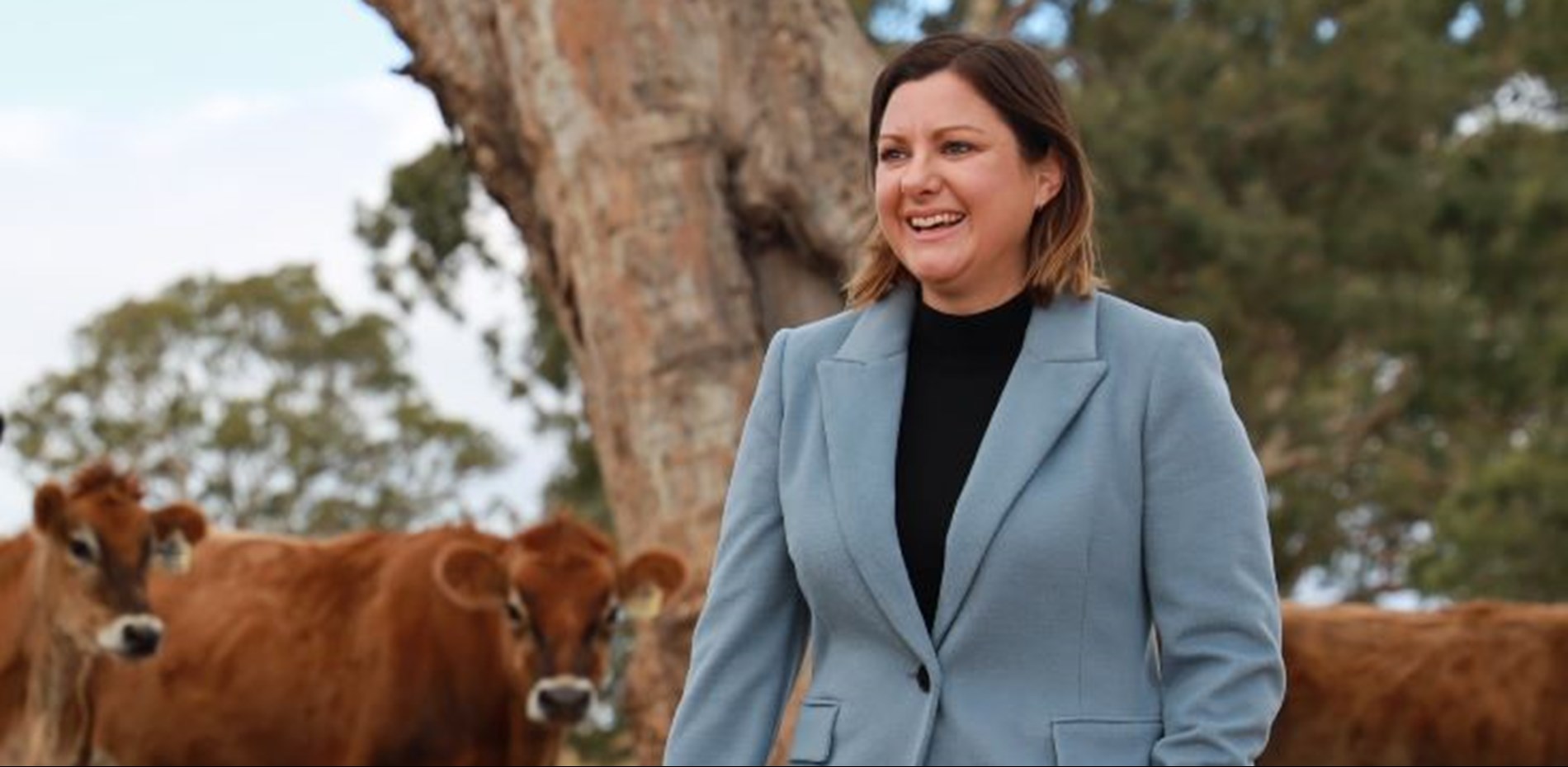Farmers right across my region have proven time and again that they are some of the most resilient people I know. But they have been tested. For years, local farmers have modernised and amended their farming practices in order to meet the challenge of ongoing drought. Then they were hit with the devastating Black Summer bushfires which tore through our region. And over the past 18 months they have once again been tested and have found ways to continue their businesses despite multiple floods and the COVID-19 pandemic. So today I rise to raise awareness of the some of the ongoing issues that have continued to affect farmers in my region.
I want to make it clear that farmers are not sitting idly by expecting handouts. Eden-Monaro farmers are innovative and forward thinking, and they're doing everything they can to survive and prosper. Sheep farmers across the Monaro plains are worried about our dependency on China to keep the wool industry afloat. During COVID, China was the only market supporter for Australian wool as other buyer countries, including India, Italy and other European countries, ceased purchasing wool entirely. In gross terms, China purchases around 70 per cent of Australia's greasy wool. The wool industry therefore is significantly exposed to any potential disruption through trade tensions. Simply speaking, restrictions on Australian wool exports into China would likely have a crippling impact on the industry.
On top of this, the shearing industry is significantly affected by labour shortages. We know farmers are hardworking, but across the entire area of the Eden-Monaro electorate they are having trouble finding labour, which means their workload is tougher and greater, and it clearly isn't sustainable. Even when workers have been found, sourcing rental accommodation for them in the region has been a barrier to employment. This isn't a new problem. We've been talking about workforce shortages in agriculture—and in hospitality, retail and tourism—for far too long. It's time for the government to get serious about addressing the issue. The government has failed to take responsibility for labour shortages. Farmers need this fixed.
Another concern for Eden-Monaro agriculture is the budget cuts to pasture and animal science in the CSIRO. Funding for research in these areas has been decimated in recent years, with key researchers now unable to pursue any fully funded CSIRO projects. Instead, they have to rely on funding partnerships with levy funded groups in order to obtain any budget leverage. This is having a detrimental effect on both the progressiveness and the amount of research and development occurring in agriculture right now, and it will hurt the Australian agriculture industry into the future.
Lastly, cooperative farming groups, such as Monaro Farming Systems, play an important role in the development of sustainable and productive farming practices. The long-term security and consistency in having a paid executive officer is essential to keeping these groups going. But in 2018 the government cut federal Landcare funding, meaning that many of these groups are now unable to find long-term options for employing a coordinator to oversee admin, research coordination, marketing, member support, grant applications and acquittal. Even when farmers are banding together to get ahead, they are still being left behind. Farmers have been doing it tough, and it's tougher when the government isn't listening to their concerns.
My questions to the minister are:
- Is there a plan to deal with the potential disruption to the wool industry export market?
- Farmers need R&D to continue so that they can futureproof their farms. Why has funding been cut from pasture and animal science at CSIRO, which funds essential research projects?
- What is the immediate plan to address labour shortages in the industry—and I mean immediate?
- Will the government commit to coordinator funding for cooperative farming groups so that our farmers can continue to get ahead?



